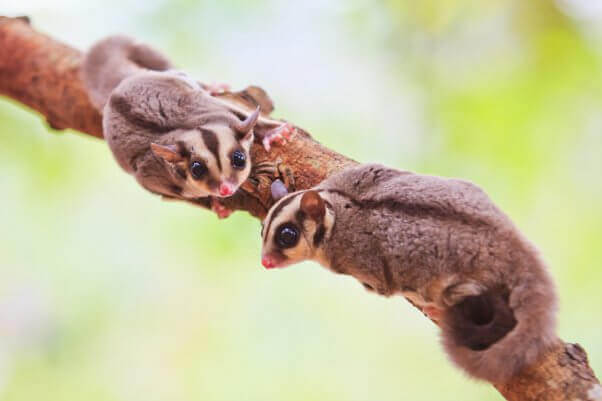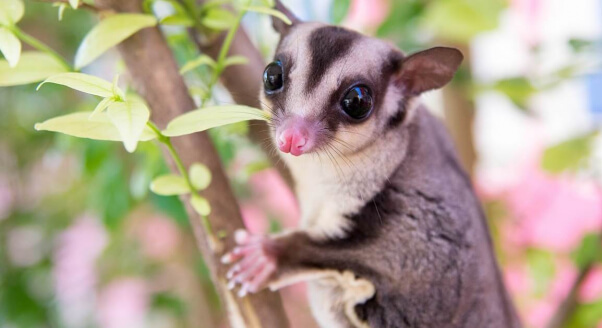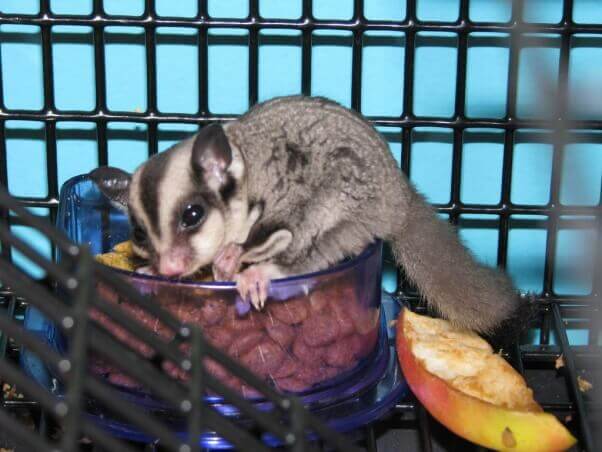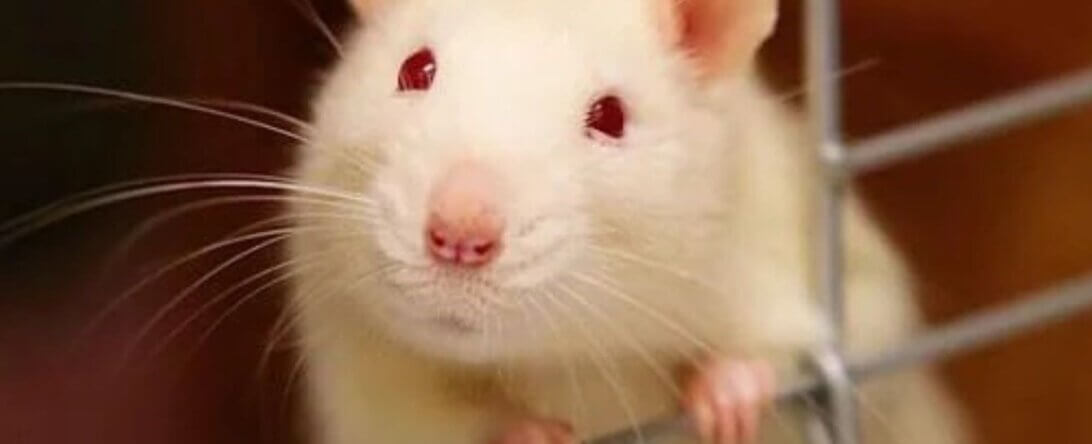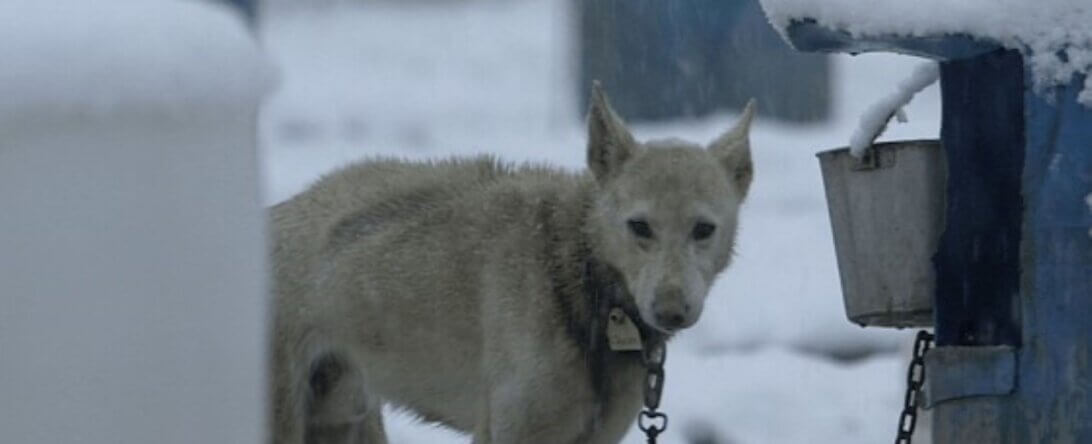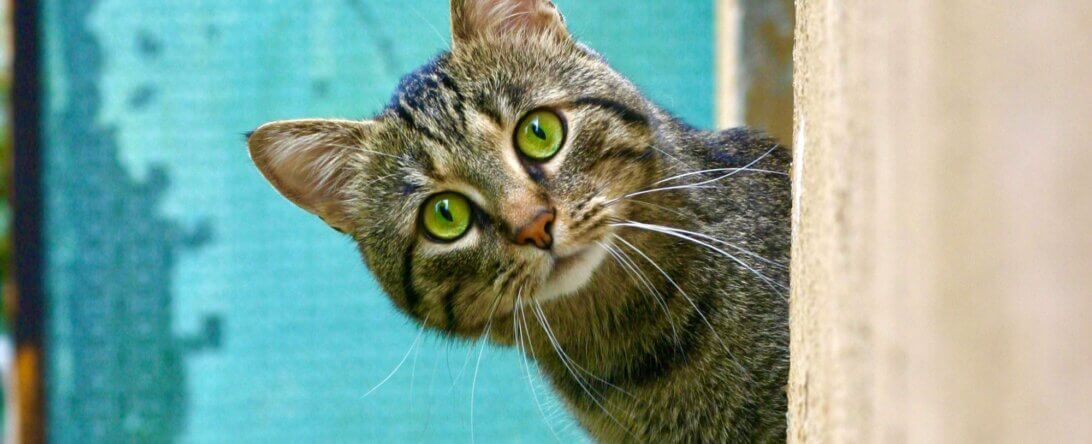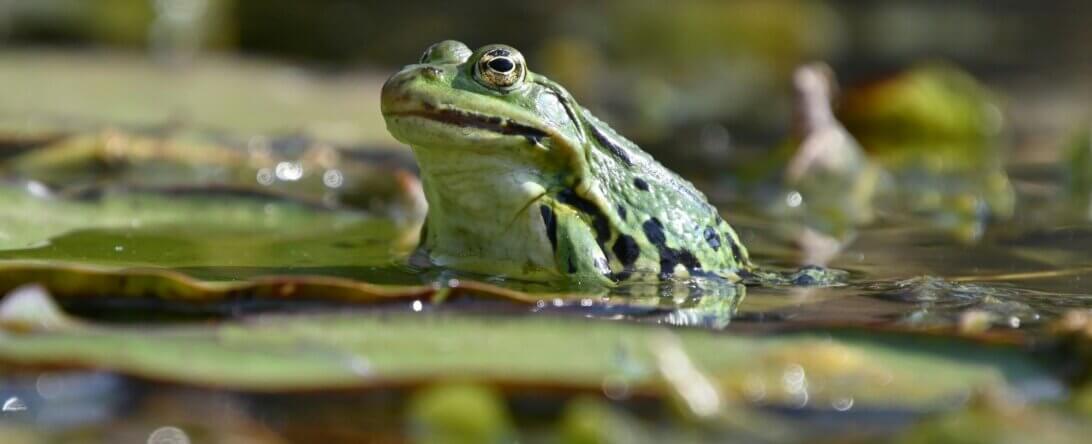Why Sugar Gliders Should NEVER Be ‘Pets’
Sugar gliders are adorable, right?! Shoppers may be walking around the mall and see these cute little guys for sale at a store or kiosk and buy them on impulse. But soon after purchasing them, people often quickly realize that they’re unprepared for the responsibility of caring for the active, inquisitive, nocturnal animals.
Even buyers who have done tons of research, have prepared their homes as much as possible, and have the best intentions will never be able to provide the tiny marsupials with an environment that compares to their natural homes—where they can thrive and be happy.
In their native Australian habitat, sugar gliders live in large family groups and enjoy grooming and interacting with each other. They’re tree dwellers who love climbing and have a furry membrane spanning from wrist to ankle that allows them to glide from tree to tree—similar to a flying squirrel.
Sugar gliders are nocturnal, so they sleep during the day and are active at night. But when kept as animal companions, they’re commonly subjected to bright lights and noises while their human guardians are awake during daylight hours, which can make sleeping basically impossible for them.
Many people who buy sugar gliders come to realize that captivity is simply not a suitable environment for this type of animal. Because they’re meant to live in trees, they have sharp claws for climbing and grasping, which can make it uncomfortable or even painful for humans to hold them in their bare hands. When kept as “pets,” they’re denied everything they need to be truly happy—the companionship of others of their own species, fresh air, and the opportunity to climb and explore in nature. Sugar gliders purchased from malls or pet stores often end up spending most of their time sitting and peering out of a cage.
In the international pet trade, sugar gliders are bred in hellish facilities similar to puppy mills—treated as nothing more than a product. Untold numbers of them and other small animals are stuffed into tiny containers (sometimes even plastic water bottles) and shipped all over the world to be sold to consumers. Buying any animal funds this international network of suffering.
Among the most notorious companies contributing to their suffering is Pocket Pets, which targets impulse buyers by peddling sugar gliders in mall kiosks all over the U.S. Following messages from PETA, more than 1,300 retail locations nationwide—including the largest mall owner in the U.S., Simon Property Group—have prohibited the sale of sugar gliders.
Another leading retail manager, Macerich, is phasing out pet stores in all of its more than 70 malls nationwide and is instead offering the stores’ old spaces as adoption centers for homeless animals.
What You Can Do
Never buy any animals, including sugar gliders, from any store. If you’re ready for the responsibility of bringing a companion animal into your life, adopt a homeless one from a shelter instead.
Spread the word and help keep sugar gliders where they belong: living their best lives in their own homes. ❤️
Text peta2 to 30933 for ways to help animals, tips on compassionate living, and more!

Terms for automated texts/calls from peta2: http://peta.vg/txt. Text STOP to end, HELP for more info. Msg/data rates may apply. U.S. only.

